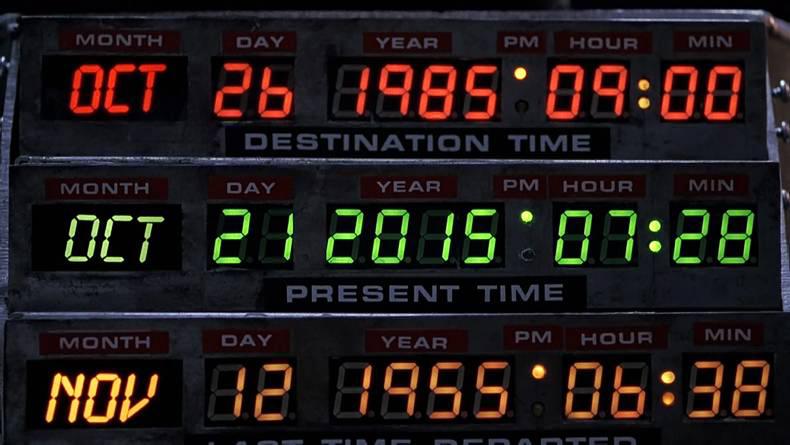Anger is rising among farmers as the full impact of Budget 2018’s tripling of stamp duty on land sales and transfers emerges.
On Tuesday, Minister for Finance Paschal Donohoe announced stamp duty on commercial property would increase from 2% to 6%.
Based on 34,000 acres of reported land sales in 2016, the new rate would cost farmers almost €14m.
Our analysis suggests a further 2,500 family farm transfers would also be liable.
Despite initial claims the stamp duty increase would not affect farmland, and a last-ditch attempted amendment proposed by independent TD Michael Fizmaurice, the new rates were applied on all farmland transfers from midnight on Tuesday.
Listen to a discussion of the events in our podcast below:
Tipperary farmer Bill Burke saw his stamp duty bill triple from €25,000 to €75,000.
Claims by the Department of Agriculture that most farm transfers would be immune to the hike are crumbling in the face of Revenue figures uncovered by the Irish Farmers Journal. They reveal that only one in three of all land sales in 2016 and family transfers qualified for a relief from stamp duty.
IFA president Joe Healy said the Government must honour the commitment made by Minister Michael Creed that the increase in stamp duty would not apply to farmland.
Department unprepared for new tax
The Department of Agriculture seems to have been completely unprepared for the new stamp duty rate, or its potential impact on farming families.
On Wednesday morning, in an interview with this paper, Minister Michael Creed asserted that “I’m satisfied in my own head that they (consanguinity and young qualified farmer) are the vast majority of cases.
Revenue’s own figures state that there were 5,258 sales of agricultural land in 2016, of which 4,922 were classified as “liable returns”.
Of these, 735 farmers availed of the young qualified farmer (under 35) 0% stamp duty, and 864 cases qualified for the consanguinity (blood relation) reduced rate of 1%.
This suggests that the remaining 3,233 sales were liable for stamp duty at the full rate last year.
What is not known is how many of the remaining 3,233 farmland sales were of sites for house building or development.
These would be exempt from the stamp duty increase under the new regulations.
That mitigating factor aside, and in the absence of any definitive figures, it’s easy to envisage that the new tax rate could cost farm families €30m a year.
ICMSA president John Comer expressed extreme disappointment with the new measures.
“The decision to impose such a charge on a family farm buying even a small piece of land stands in very sharp contrast to the concession given to property developers whereby a developer will get a refund of the stamp duty if development commences within 30 months.
ICMSA is calling for the inclusion of a provision in the Finance Bill that deals with this manifestly unfair aspect”.
No apologies for Budget 2018 from Minister Creed
Stamp duty shock: farmers react
Budget 2018: what it means for farmers
The Dealer: farmers hung out for property developers in Budget 2018
Editorial: a budget that delivered and disappointed in equal measure









SHARING OPTIONS